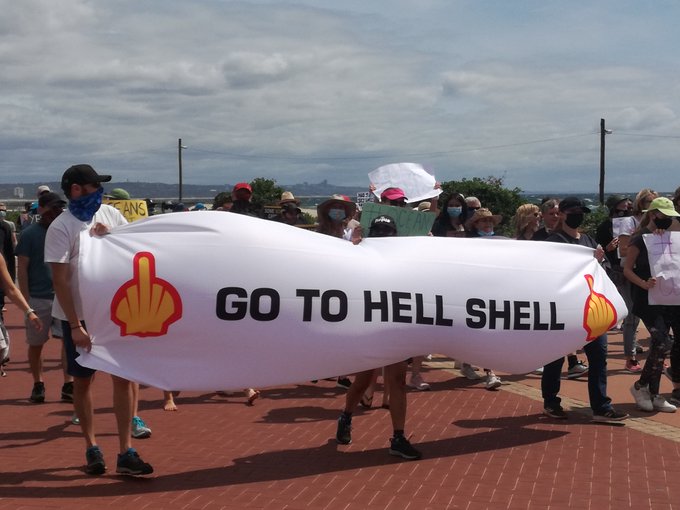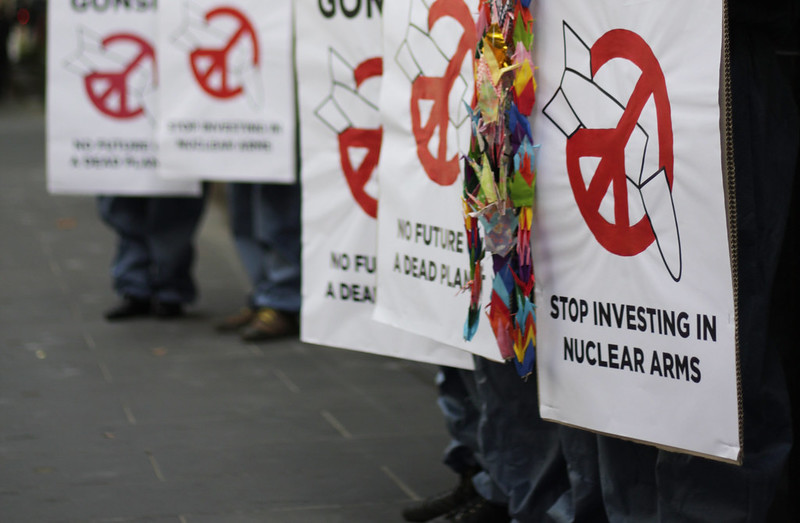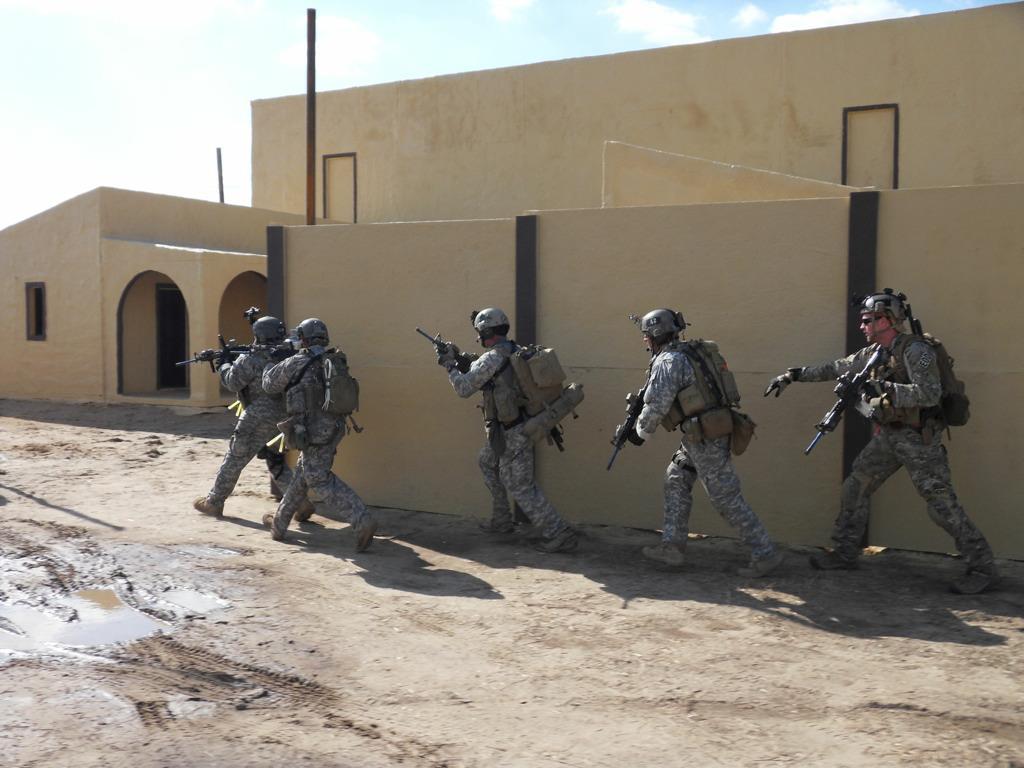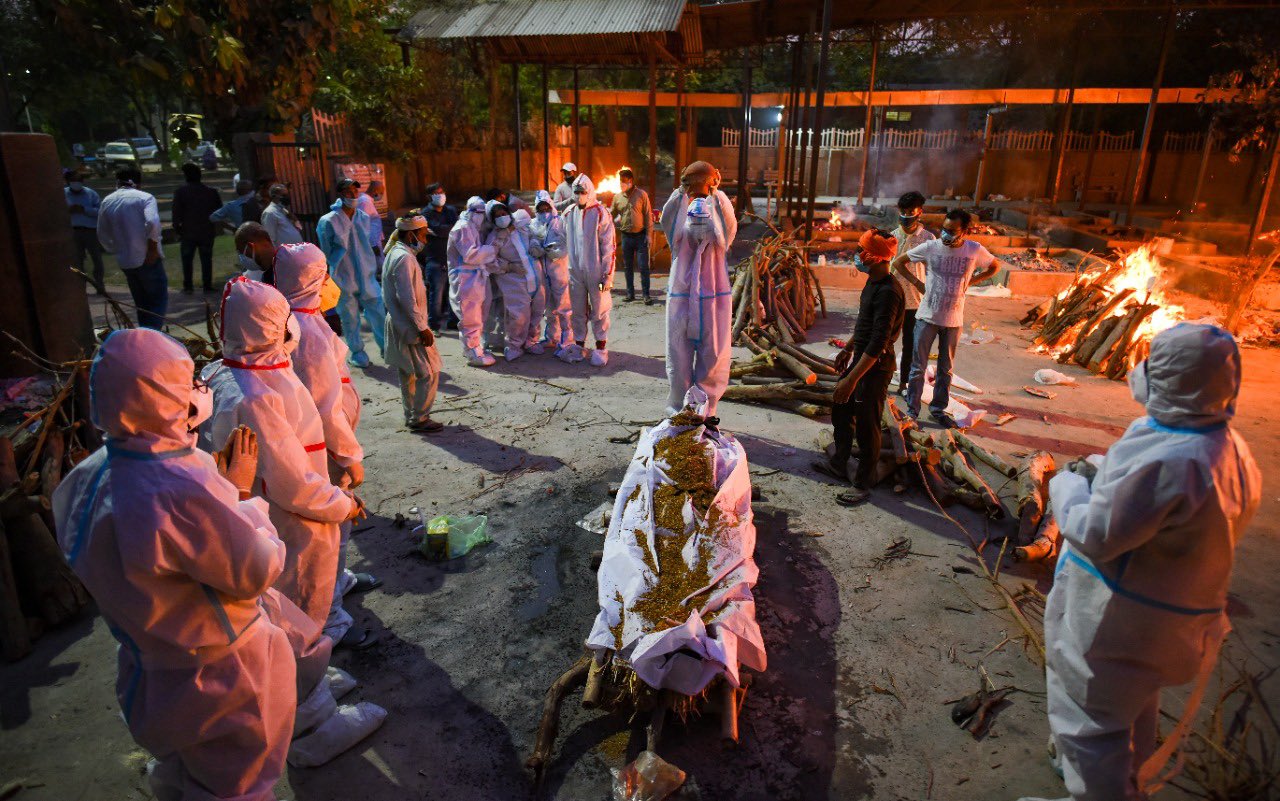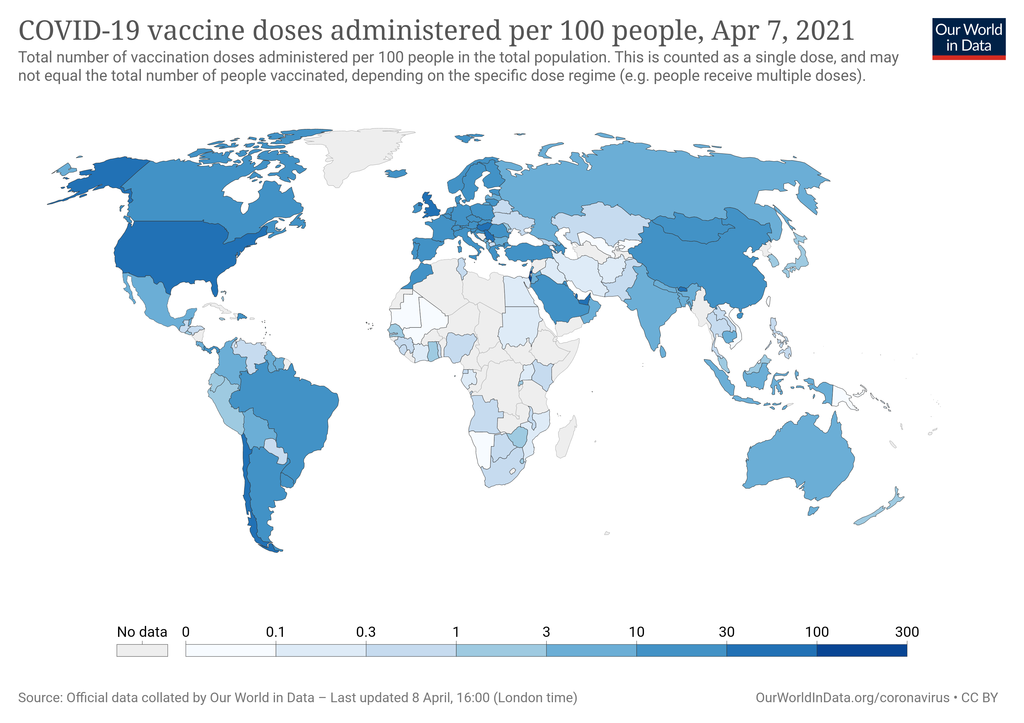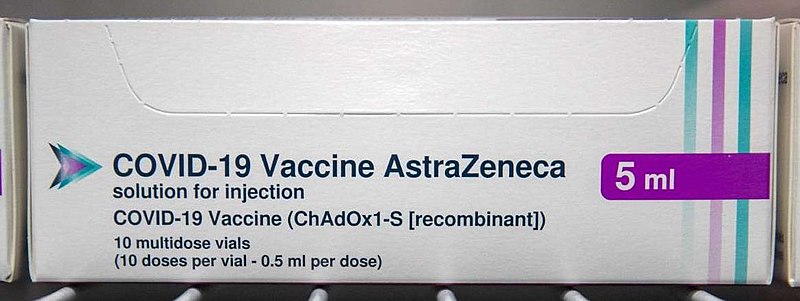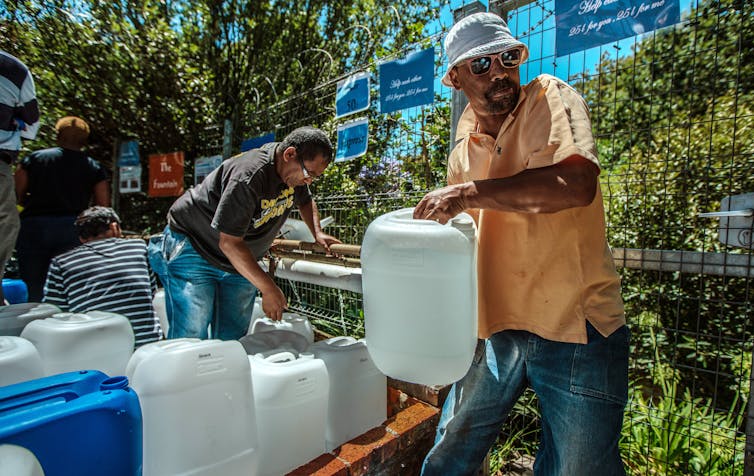“Our leaders’ failure to help bring the vaccines to everyone, everywhere will keep us on a cruel and never-ending cycle of illness, death, and economic suffering.”
By Jake Johnson. Puclished 11-30-2021 by Common Dreams
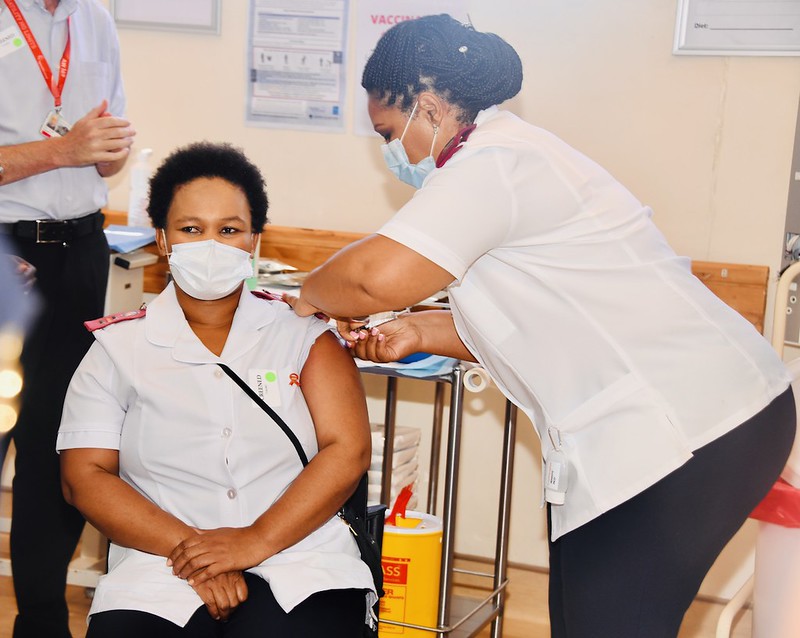
Nurse Zoliswa Gidi-Dyosi was the first healthcare worker in South Africa to receive the vaccine. Photo: GovernmentZA/flickr/CC
An analysis released Monday shows that the number of Americans who have received a coronavirus booster shot to date exceeds the number of people who have gotten a single vaccine dose in eight countries in southern Africa combined, a finding that came as the international community grappled with the threat posed by Omicron.
According to a Public Citizen review of Centers for Disease Control and Prevention data, around 37 million people have received a booster shot in the U.S., which has authorized boosters for its entire adult population. Continue reading


